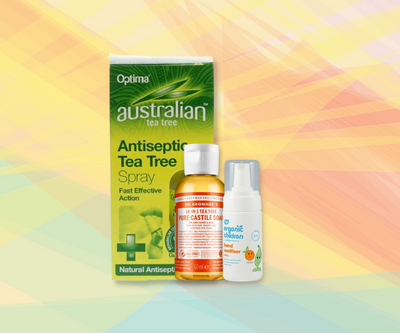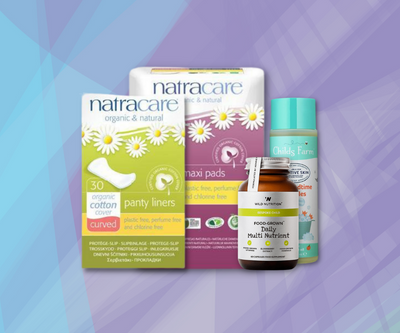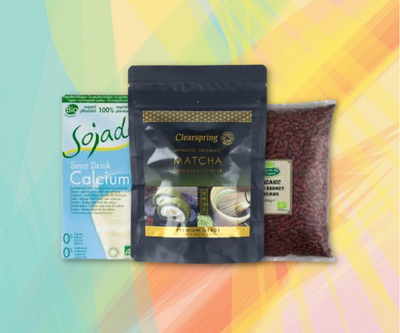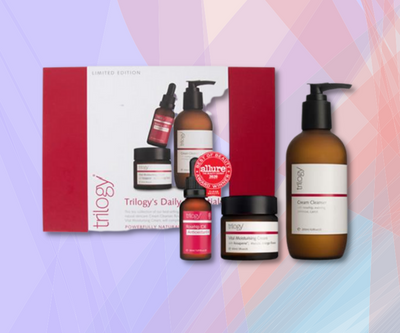It's Not Just What You Grow, It's How You Grow It
Ethically-Sourced, Certified Fair Trade Ingredients
Dr. Bronner’s started sourcing certified organic ingredients for our products in 2000 out of a desire to support sustainable agriculture without synthetic chemical fertilizers and pesticides. While this was a great first step towards sustainability, we realized that questionable pricing, wages and working conditions for farmers and workers producing our raw ingredients were not being addressed. Rather than support a supply chain motivated only by profit, we wanted to create a supply chain that offered fairness and empowerment for our farmers, workers, and their communities.
In 2006, Dr. Bronner’s committed to sourcing our major raw materials from certified Fair Trade and organic projects around the world that ensure fair prices, living wages and community benefits for farmers, workers and their families. Now, when you purchase Dr. Bronner’s products, you are supporting these more just and vibrant producer communities around the world.
We have created or partnered with various Fair Trade organic projects all over the world: in Sri Lanka for coconut oil, in Ghana for palm oil, in Palestine and Israel for olive oil, in India for mint oil, in Kenya for avocado, tea tree and coconut oils, in Ecuador for sugar cane alcohol, and in Zambia for beeswax. In fact, an estimated 10,000 people around the world benefit directly from Dr. Bronner’s various Fair Trade projects, and we are supporting the development of domestic Fair Trade programs here in North America as well.
To date, the Fair Trade premiums paid to our projects have helped local communities realize various important efforts: drilling fresh-water wells, setting up composting operations that improve farmers’ soils and incomes, renovating schools, purchasing medical equipment for local health clinics, and providing mosquito nets to help prevent the spread of malaria – to name just a few.








